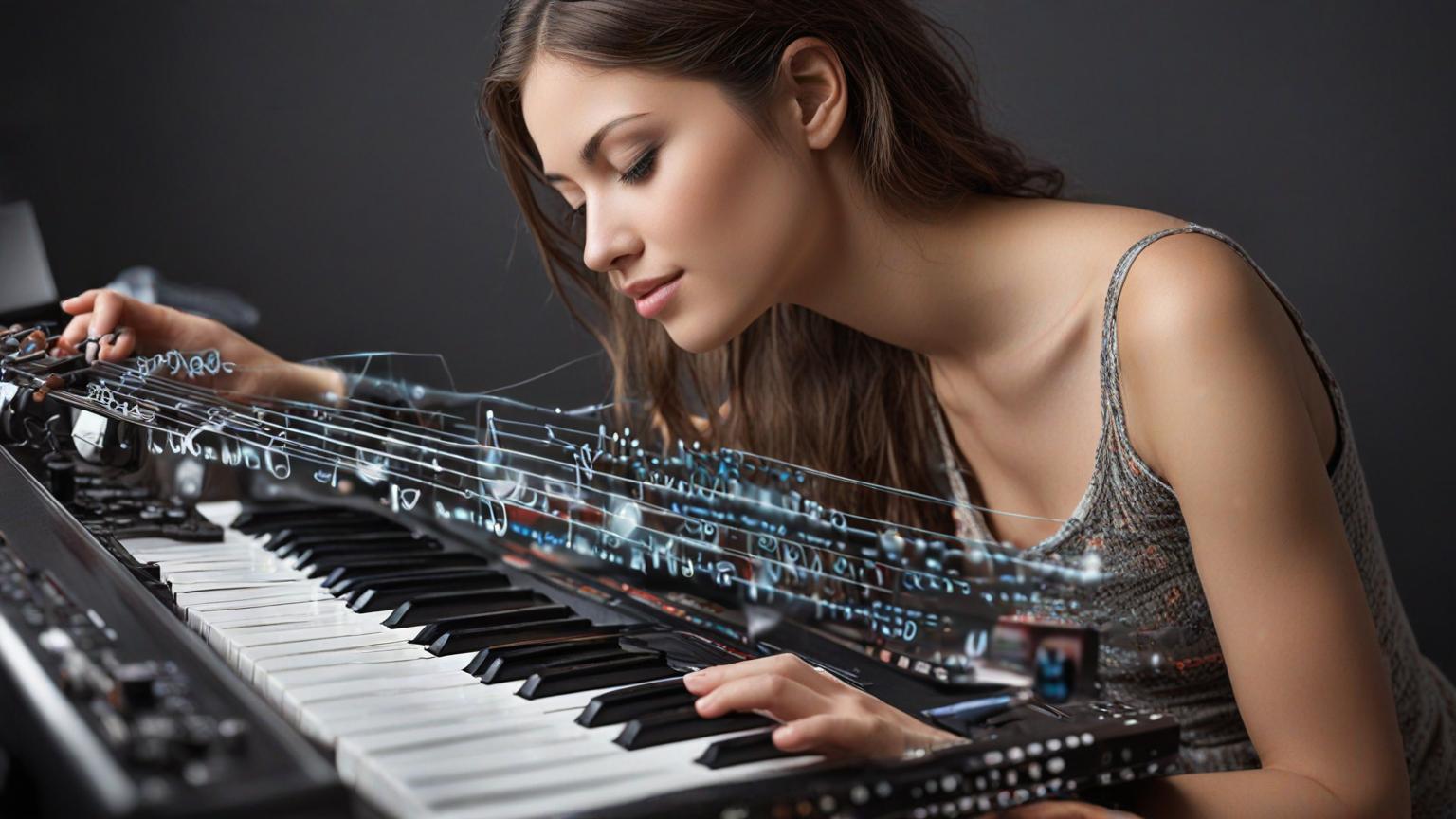In recent years, artificial intelligence (AI) has infiltrated every corner of the music industry, leading to a captivating digital renaissance. From songwriting to production, AI is restructuring how music is composed, consumed, and even critiqued. This transformation has sparked debates around creativity, ownership, and authenticity, leaving both artists and audiences questioning the future of music.
AI's influence begins in the creative process itself. Tools like Amper Music, AIVA, and OpenAI's MuseNet allow musicians to experiment with composition by generating melodies, harmonies, and even drum loops at the click of a button. For some, these tools serve as a source of inspiration, sparking new ideas and pushing creative boundaries. For others, they represent an existential threat, challenging the notion that music, in its purest form, is exclusively a human endeavor.
One of the most striking examples of AI-created music is the rise of 'deepfake' songs, where machine learning algorithms recreate the voices of iconic artists to sing never-before-heard tracks. These 'deepfakes' have captivated listeners while also raising ethical questions. Who owns the AI-generated content? Can an algorithm capture the emotions and intent of a legendary vocalist?
Moreover, AI's impact extends beyond music creation. In the realm of production, AI-assisted tools like LANDR and iZotope's Neutron automate the mastering and mixing process. This makes high-quality production accessible to independent artists who may not have the budget for professional studio time. However, some argue that this accessibility comes at the cost of artistic authenticity, as algorithms may prioritize technical perfection over raw emotional delivery.
AI is also transforming how music is marketed and consumed. Personalized playlists on platforms like Spotify and Apple Music are curated by AI, meticulously analyzing listening habits to suggest new tunes tailored to individual tastes. While this technology offers a customized experience to consumers, there are concerns about its potential to stifle musical diversity and limit listeners' exposure to new genres and artists.
As AI takes the reins in some aspects of the music industry, artists and labels must adapt to stay relevant. Some musicians have embraced AI as a collaborator and muse, crafting hybrid tracks that blend human songwriting with algorithmic assistance. Others fear that the growing dependence on AI will lead to homogeneity, where music becomes formulaic and indistinguishable.
The intersection of AI and music has also influenced how fans engage with artists. Virtual concerts, enhanced by machine learning, provide immersive experiences that rival live performances. Companies like Wave and Sensorium are pushing the envelope, offering fans the chance to experience concerts in virtual reality, complete with AI-generated light shows and interactive elements. While virtual concerts have created new revenue streams for artists, they cannot fully replicate the connection and energy of a live show.
Despite concerns, AI's integration into the music industry presents exciting opportunities. It democratizes access to music creation tools, offers fresh avenues for creativity, and enhances the fan experience. However, as with any technological revolution, it also raises questions about the future role of human creativity in music.
The relationship between AI and the music industry is complex and evolving. As technology advances, so too will the debates surrounding its impact. What is clear, however, is that AI is here to stay, and its potential to redefine the music landscape is only just beginning. In this brave new world of artificial intelligence and music, the question is not whether AI will change the industry, but how it will shape the music of tomorrow.
The digital renaissance: how AI is reshaping the music industry

